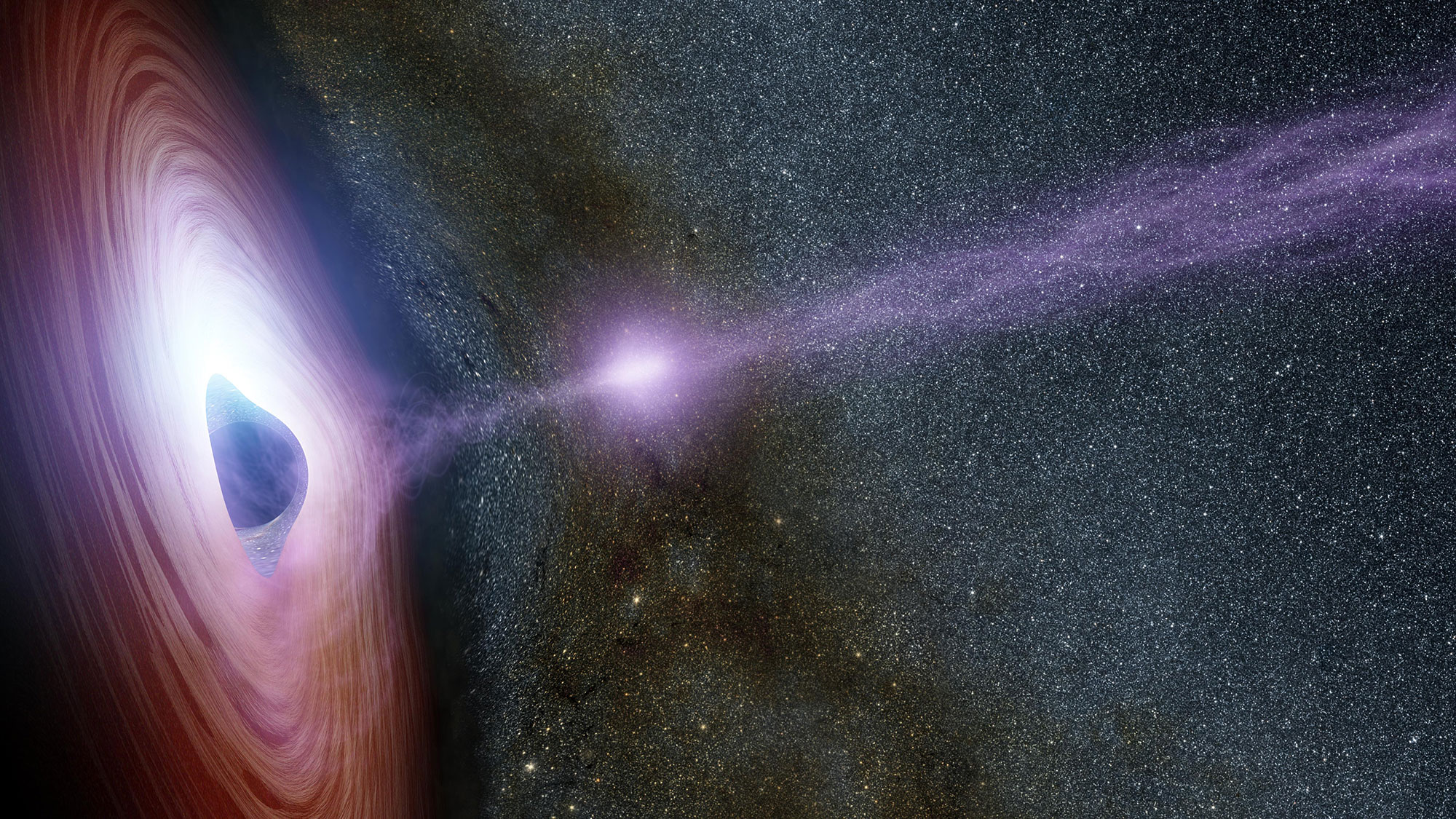And God called the light Day, and the darkness he called Night. And the evening and the morning were the first day.
Genesis 1:5 (KJV)
Light/Day – God called the light (‘or) Day (yom). How does this work exactly? Let’s look at the semantics of what’s going on here. God called the “light,” which is ‘or in Hebrew, a name, “day” or yom. But the thing already has a name, it’s called “light.” So why does God bother to name something that already has a name?
I know this is semantics here, I get it. Does this really matter?, you might be asking. It does matter because it gives us some insight into early eastern cultural understanding of what it means for something to exist. John H. Walton puts it well when writing about the existence of gods in eastern cultures:
In the ancient world something came into existence when it was separated out as a distinct entity, given a function, and given a name. (John H. Walton, Ancient Near Eastern Thought and the Old Testament, p.88)
This cultural thought pattern is in contrast to modern and classical ontology which defines existence by substance and properties. In the near eastern cultures, something didn’t necessarily exist just because it occupied space. That’s quite different than we’d imagine, isn’t it?
So let’s jump back to why God named something (yom) that already kind of had a name (‘or). The existence of light needed to be defined by its purpose, not just because it was there. For Israel, function, not substance, was the focus of creation. So with this realization, it was not the element of light itself that God called yom, but the period of light. God separates the light from the darkness. There is a purpose for the light to exist. It causes a period of time to occur.

Chronologically speaking, in the first day, God not only creates light (‘or), but defines its existence through the purpose for which it was created — God creates time.
Now think about the Greek philosophers, or Shakespeare for that matter. “To be or not to be, that is the question.” Or “I think therefor I am.” They’ve all been struggling to define existence, or consciousness in some way. But the Hebrew thought is much simpler… Are you separated into a distinct identity? Do you have a name? Do you have a purpose? This is what defines you as existing.
So now that we recognize that we are separated out, and we all have names… I ask you, what’s your purpose? Understanding that will define your existence.

Leave a Reply